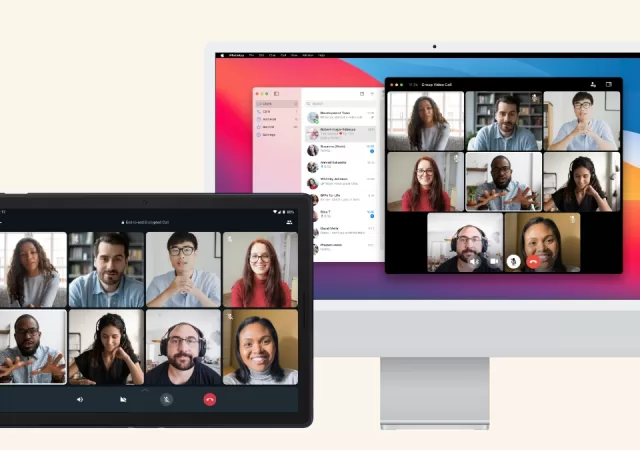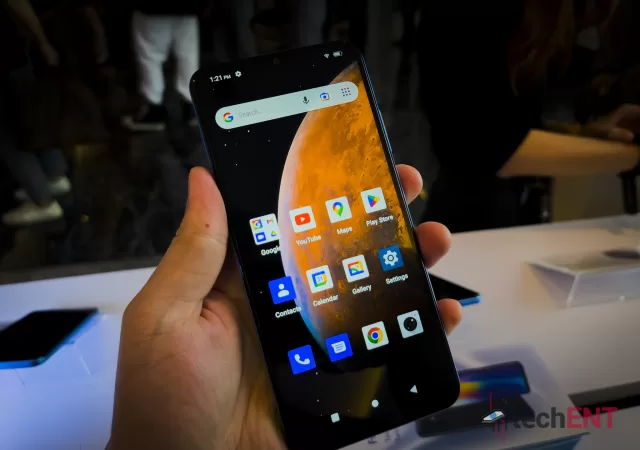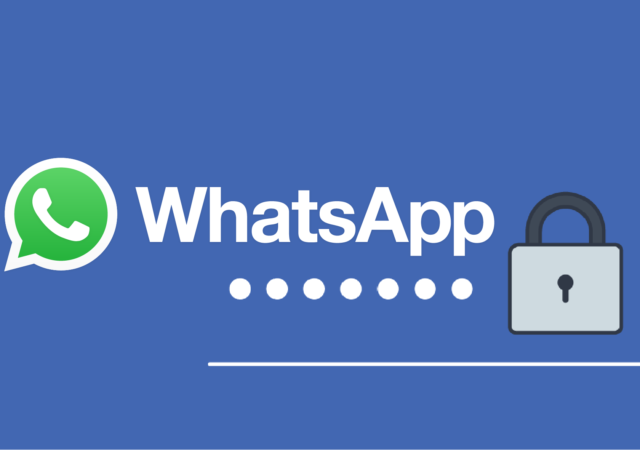Exciting times ahead for WhatsApp users as we round up the many new features coming very soon to your device! Improved privacy features for messaging and calls WhatsApp made great strides in privacy for messaging apps, when they introduced view-once…
Mozilla Enhances Online Privacy with Firefox Relay Integration
Mozilla integrates Firefox Relay into its Firefox browser as a native function allowing users to be able to take control of their privacy from the get go.
Kaspersky Redefines End-Point Protection – Go Standard, Plus, or Premium
Kaspersky introduces their latest end-point cybersecurity solution – the Standard, Plus, and Premium protection plans.
You Can Soon Delete Your User Data from an App Thanks to Google
Google is introducing a new policy for developers on Google Play Store that allows users to delete their account data from the app.
WhatsApp Allows You to Become More Private by Locking Your Individual Chats
WhatsApp is testing a new feature to allow users to lock individual one-on-one and group chats to add another layer of security in their app.
WhatsApp Now Allows You to Hide from Select Contacts and Mute Users in Group Calls
WhatsApp has just updated their app and brought some new privacy control and group call controls to users.
WhatsApp is Rolling Out “View Once” Feature – Photos and Videos Disappear on WhatsApp
WhatsApp Beta for iOS and Android now allows users send and receive “View Once” medias. Once viewed, photos and videos will disappear.
Sony Clears the Air with PS5’s Voice Recording Feature
Sony comes under fire as PlayStation 4 firmware update reveals that they PlayStation 5 will be recording online conversations










